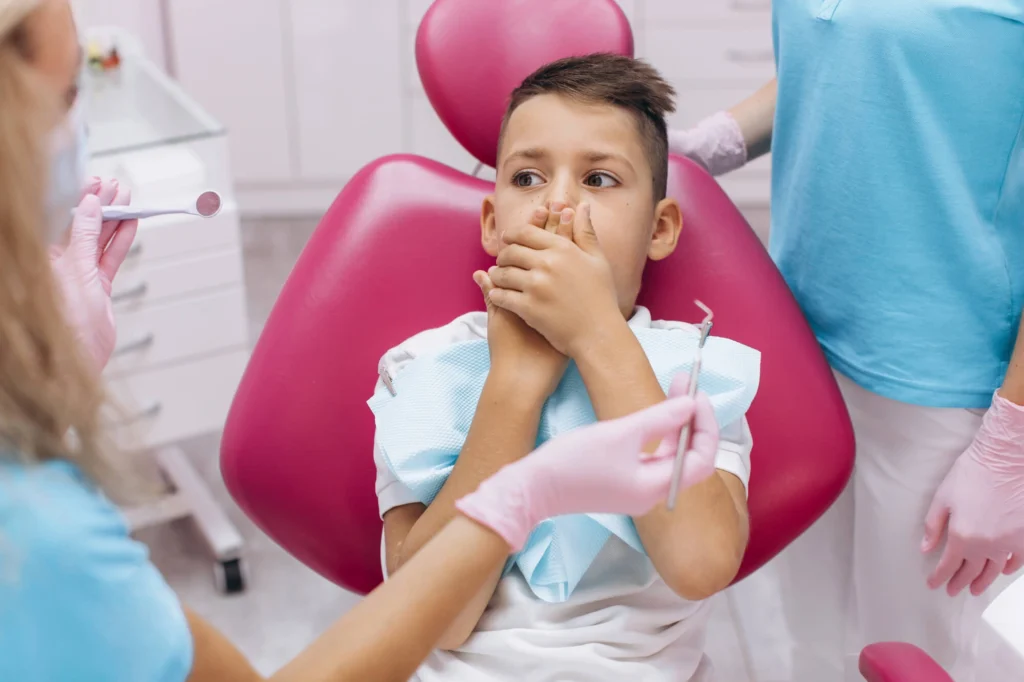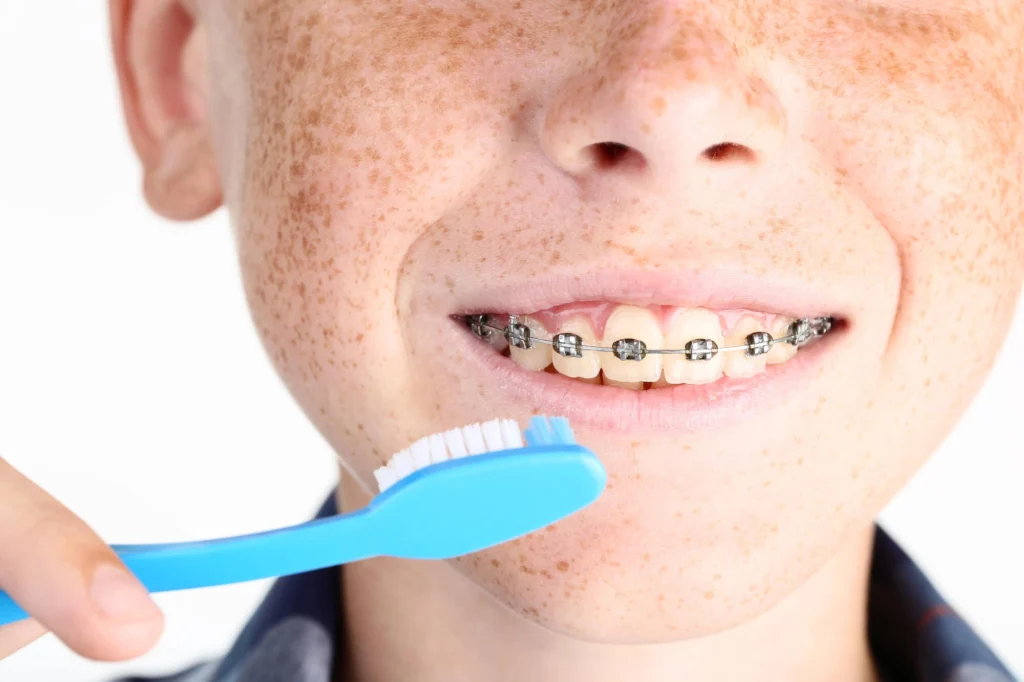Pay Your Bill:
So, you went for a regular visit to the orthodontics in Cool Springs, TN, and your child’s worst fears came true: they need to get braces. Convincing your child to go along with the treatment can be a challenge, especially if they’re already feeling self-conscious about their appearance or the potential discomfort involved.
However, their compliance is fundamental to ensuring the success of their orthodontic treatment. In this article, we’ll discuss five strategies to help you approach the topic. We’ll also explain the benefits of braces and make the process more appealing and less intimidating for your child.

Braces Treatment: Why Your Kid’s Compliance is Fundamental
If your child has malocclusion, getting braces or other orthodontic treatments is fundamental for their long-term oral health. Crooked, shifted, and overcrowded teeth are harder to clean and, thus, more prone to issues like cavities or gum disease. Bite misalignments can also cause issues like jaw pain and migraines.
Straight, aligned teeth can prevent this. But, as the saying goes, it’s easier said than done.
No one is a fan of braces, and children are no exception. Braces can be uncomfortable, come with limitations on what you can eat, and may impact the self-esteem of growing children—which is why chances are high that they won’t be up for the treatment.
Sadly, your kid’s compliance is fundamental for the success of their braces treatment. From following dietary restrictions at school to prevent damage to their brackets to maintaining proper oral hygiene, your child’s willingness to have braces will play a big role in how effective their orthodontic treatment is.
So, what can you do to convince them? Here are five strategies you can follow.
1. Open the Conversation Early
Having an early conversation with your child is one of the first steps in persuading them to get braces. Do not put off talking about it until the appointment is almost here. Instead, talk to your child about the idea in a calm and positive way.
By introducing them gradually, you can prevent resistance or astonishment when the choice is made. During these conversations, make sure to ask about their feelings and listen to and understand their concerns before providing information or reassurance.
They may be concerned about discomfort, the appearance of braces, or how they will affect their daily routine. Although braces may initially cause some discomfort, reassure them that any discomfort is brief and tolerable.
In fact, many kids find that they get used to the feeling fairly quickly.
2. Focus on the Positive Benefits
Helping your child understand the long-term advantages of braces is one of the most crucial things you can do to persuade them to get them. Emphasize the benefits rather than any possible drawbacks or temporary discomforts.
Most kids are motivated by the idea of improving their smile. Tell them that braces are the best option for gradually straightening their teeth and improving their smile, which will boost their self-esteem for a long time.
Braces are also essential because they improve oral health. Problems with brushing and flossing due to misaligned jaws or crooked teeth can lead to gum disease and cavities. If they’re not fans of dental visits, this can be an especially effective argument to convince them.

3. Show Examples of Other People with Braces
It can be very beneficial to let your child know they are not the only ones who find the thought of braces unsettling. Mention other members of your family, friends, or even famous people who have had braces and the advantages they experienced.
You could mention well-known people who have undergone the procedure and emerged with stunning smiles, such as musicians, actors, or athletes. You can even help your child feel less scared by showing them pictures of famous people before and after getting braces.
If your child has friends or classmates who wear braces, encourage them to share their experience with them. The experience may seem more tolerable after hearing from peers who have gone through it.
4. Highlight How Braces Have Changed
Braces have come a long way in recent years. If your child is worried about the appearance or feel of traditional metal braces, let them know that plenty of options are available today that make braces more comfortable and discreet.
There are clear ceramic braces, which are less noticeable than traditional metal braces. Additionally, they can now add various colored rubber bands to personalize their braces. These options might be more appealing to kids who are particularly self-conscious about their appearance.
5. Be Honest About the Process
While it’s important to emphasize the positive aspects of getting braces, it’s equally important to be honest with your child about the reality of the treatment. This entails talking about possible discomfort and how wearing braces might momentarily alter their daily schedule.
Your child may experience discomfort during adjustments or after receiving braces, but reassure them that this is normal and will go away. Moreover, ibuprofen and other over-the-counter pain relievers can help alleviate any discomfort they may feel.
Another alternative is using orthodontic wax to cover any sharp edges of their braces. Make sure to explain that braces require extra attention when it comes to brushing and flossing, too. Your child will need to use specialized equipment like floss threaders or an orthodontic toothbrush to keep their teeth and braces clean.
Although it will take more work, doing this is crucial to preventing cavities and making sure the treatment is successful.

Give Your Children the Healthy Smile They Need with Orthodontics in Cool Springs, TN
It may take some time and patience to persuade your child to get braces. However, with the correct strategy, you can help them appreciate the procedure’s benefits and make the whole experience more enjoyable. This will help them ensure a healthier, more confident smile in the future.
If all of your strategies fail, you can always reach out to the professionals. Here at Happy Harpeth Pediatric Dentistry & Orthodontics, we can explain to your children the importance of braces and how their efforts will definitely bear fruit in the future.
